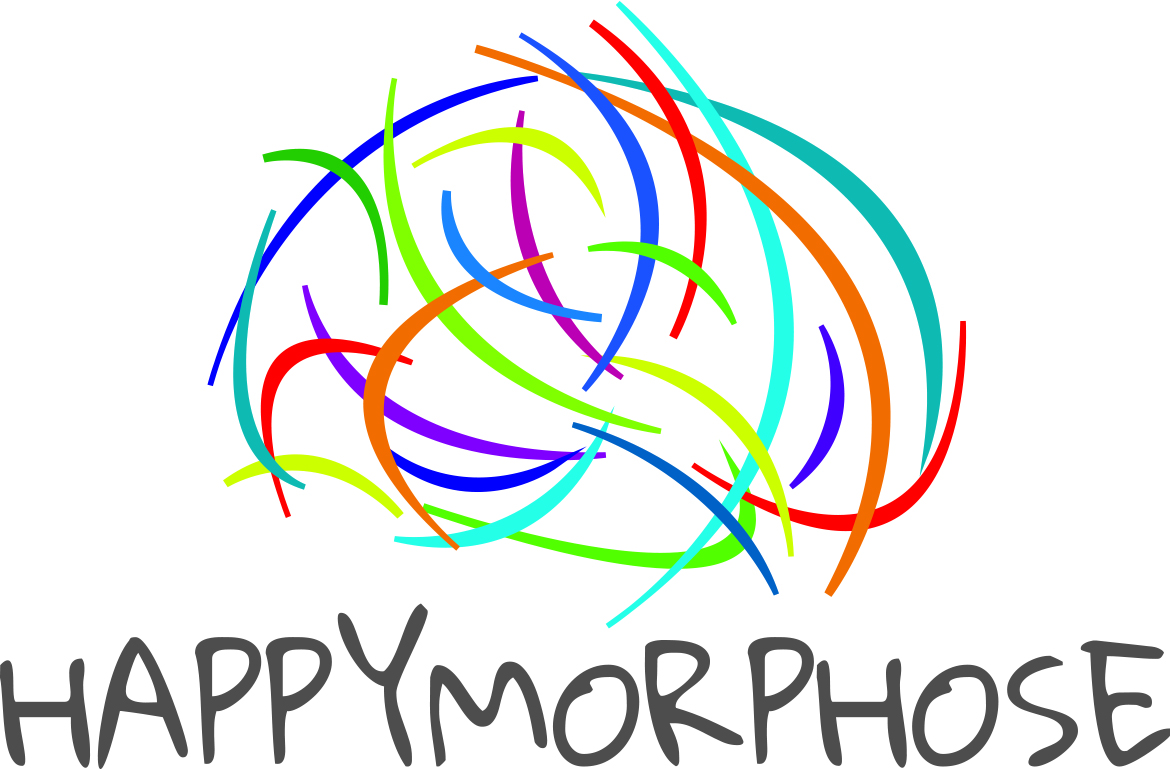A description of the evolution of Human Being and a research on the evolution of our societies. The anthropo-sociologist Alain de Vulpian was the founder of COFREMCA, a company dedicated to action-research accompanying the biggest French or international companies (as Royal Dutch Shell, De Beers…) , advised many governments, writes an important book (awarded by Académie Française) that gave the theme of the EMCC symposium 2018 “Eloge de la métamorphose” « Praise of Metamorphosis ».
Interview conducted in January 2018 with Irene Dupoux-Couturier and Caroline Gerber of SOL France and Yann de Pontbriand, Treasurer, Gabriel Hannes, President of EMCC France.
ENGLISH TRANSCRIPTION
I was a student at Sciences Po at the end of the 1940s, when I told myself “we’re coming out of a horrific half century, is there anything we could have done to avoid Stalin, could we have avoided Hitler?”. We had the impression that we were maybe coming out of that, with the triumph of democracies, but it wasn’t entirely clear. And, together with 2 or 3 of my colleagues, while were still at Sciences Po we said, we’re not going to go the ENA (Ecole National d’Administration), which had just been created, as was our initial intention. We’re going to create a think tank that will try to understand what is causing change in the world, where modernity is going, and what are the wrong paths we should avoid, and the right paths we must choose.
My whole life, I’ve scrutinised the hearts and minds of people and organizations, et we worked for some of the biggest companies and the biggest international organizations, and some governments. We created a permanent system to analyse socio-cultural transformation, and we ended up realizing that were living through a very particular time in the journey humanity, and this is what makes us speak of a metamorphosis.
Homo Sapiens is a socio-cultural animal whose evolution is very quick. In just 100 000 years, from next to nothing, we spread across the globe, having acquired power, considerable power over nature, having started to impact nature, and we ended up realising that we’re heading for catastrophe. The evolution of species, biological evolution is slow. Socio-cultural evolution, on the other hand, is extremely rapid. This is a huge simplification, but for argument’s sake, let’s say there was a long period where we were all hunter-gatherers, and, depending on where we lived, the technologies we discovered, and the changes in climate, we invented new ways to adapt to the environment in which we lived.
For tens of thousands of years, these are hunter gatherer societies. Ten or twelve thousand years ago, there was a global heating , which forced all sociocultures to adapt to a new environment. In 4000 years, in some regions more than others, we transition to a bigger population. It’s no longer a few dozen people, it’s a few hundred, or a few thousand, and we learn to cultivate plant life and to raise and keep livestock. And the population goes up, because women can bear a child every year now. After 4000 years, the vast majority of the population went from hunter-gatherers to village-based civilization, with agriculture and animal husbandry. We invented land ownership, stock ownership, and specialisation. In hunter-gatherer societies, everyone did a bit of everything, but here we started to specialise. Some people start having more power than others, more wealth than others, and we invent hierarchy. Fighting and theft became more widespread, and we steal stocks from each other.
In the regions where agriculture and livestock particularly flourished, most notably in regions adjacent to the great rivers, whether it was the Indus, the Yellow River, the Nile, the Tigris, and the Euphrates, villages became very prosperous. In Sumeria, about 6000 years ago, something other than village-based civilization was emerged: modern civilization. It’s the birth of history. And all the civilizations that appeared at that time have a certain number of things in common. They invent writing, the state, war as a quasi-permanent practice. Humanity developed by creating civilizations that followed this model, and most notably an interesting model, which is the domestication of man by man. Many of these civilizations organised themselves in such a way to ensure that a worker will marry another worker’s daughter, and that they will raise their child to be a worker as well. Most civilizations that developed after the first ones I mentioned earlier (the Nile, Euphrates etc…) would have more or less the same characteristics. Of course, I haven’t mentioned religion, obviously various forms of organized religion are invented, and these are more masculine than the rituals of previous periods.
Of course, we are also a civilization, that is western civilization. Let’s stay focused on “us”, not the whole world. We are western civilization. It’s a civilization like any other. But at the same time, it isn’t like all the others, because it produced the colossal inventions of agriculture and animal husbandry, and these allowed massive population growth, since we’re not far off from 10 billion now. What makes this civilization stand out is, first of all, the transition from the middle ages to the modern era. It’s a civilization that, more than any other before it, is based on rationality. The essence of humanity is rational though. And we invented a rational economy, and we adopted things like Taylorism for example, and a rational political structure, we invented the nation-state. But it’s become apparent that a new metamorphosis began taking place at the very start of the 20th century.
